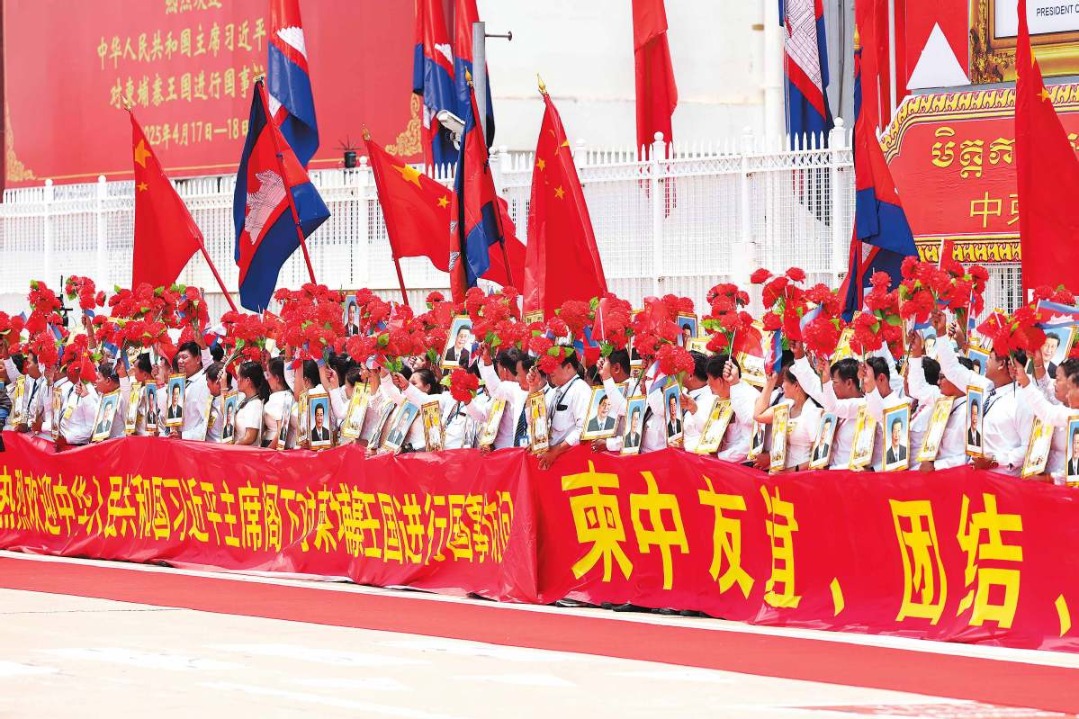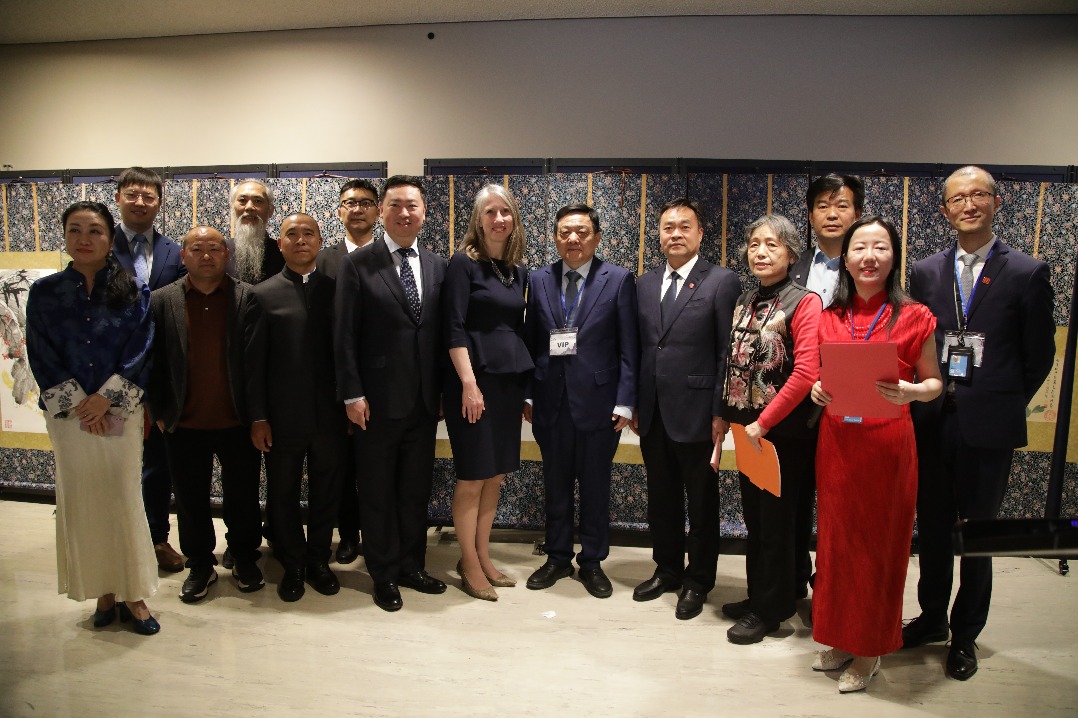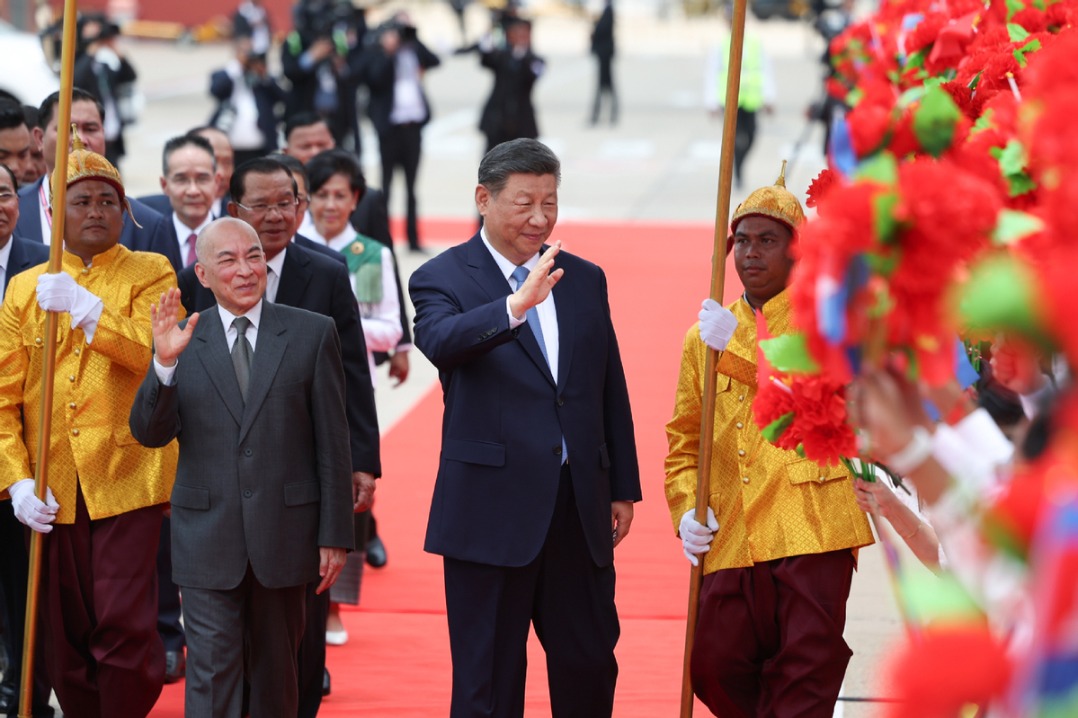'Kwaussie' wins Australia's word of the year
China Daily | Updated: 2017-12-05 08:01
SYDNEY - Oscar-winning actor Russell Crowe is one, and so is Barnaby Joyce, Australia's deputy prime minister whose dual citizenship almost brought down the government.
They can both describe themselves as "Kwaussie", a portmanteau term that refers to a person who is both Australian and a New Zealander and was named on Monday as Australia's word of the year.
It means someone who is both a "kiwi", or a New Zealander, and an "Aussie".
Researchers said Crowe, the star of the films such as Gladiator and Les Miserables, was one of the original "Kwaussies". Crowe lives in Australia but was born across the Tasman Sea in New Zealand.
"We were able to trace it back to print in a Wellington newspaper in 2002 referring to Russell Crowe," said Amanda Laugesen, director of the National Dictionary Center.

"Since we put out the word of the year today we have had some suggestions from some people who knew it back in the 1970s," she told the Australian Broadcasting Corporation.
The term gained real traction this year during the citizenship crisis that forced nine lawmakers out of Australia's Parliament, even though it has a longer history.
It had hardly been used until Joyce discovered that he was a New Zealander and therefore ineligible for parliament because Australia's 116-year-old Constitution bans dual citizens from holding national office.
Joyce was forced to contest a by-election at the weekend, which he won comfortably.
The Constitution, unlike the word, aims to prevent split allegiances.
The crisis could ripple even wider, with a deadline for politicians to prove their citizenship status set for Tuesday.
"Kwaussie" was named word of the year ahead of other contenders such as "jumper punch" - an Australian football term referring to an illegal, sneaky fist to the face - and "WAxit", a Brexit-style referral to Western Australia state.
Also shortlisted was "makarrata", a Yolngu Aboriginal word meaning peace treaty. It was used by indigenous leaders in May in a call for a legal agreement between the government and Australia's native Aborigines.
Reuters - AFP
(China Daily 12/05/2017 page10)
























